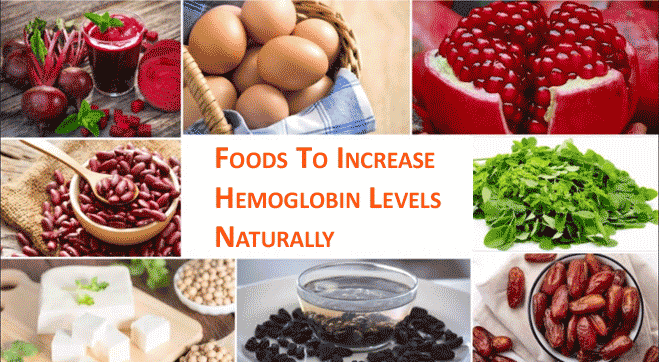
Boosting Hemoglobin Levels Naturally in Just One Week
Hemoglobin is a protein in red blood cells that carries oxygen from the lungs to various parts of the body. Low hemoglobin levels, a condition known as anemia, can lead to fatigue, weakness, and other health problems. In this article, we will explore how to increase hemoglobin in a week.
1. Eat Iron-Rich Foods:
Iron is a crucial component of hemoglobin, so increasing your iron intake is essential. Include iron-rich foods in your diet, such as:
Lean red meat
Poultry
Fish
Beans and lentils
Tofu
Spinach and other leafy greens
Fortified cereals
Nuts and seeds
Dried fruits like raisins and apricots
2. Consume Vitamin C-Rich Foods:
Vitamin C enhances iron absorption in the body. Pair iron-rich foods with sources of vitamin C, such as citrus fruits (oranges, grapefruits), strawberries, kiwi, and bell peppers, to maximize iron absorption.
3. Avoid Iron Inhibitors:
Certain foods and substances can hinder iron absorption. Limit or avoid the consumption of:
Coffee and tea, especially when consumed with meals
High-calcium foods, like dairy products, around mealtime
Foods high in phytates (found in whole grains and legumes) or oxalates (found in spinach and rhubarb)
4. Cook in Cast Iron:
Cooking in cast iron pans can increase the iron content of your meals, especially when preparing acidic foods like tomato sauce.
5. Choose Fortified Foods:
Include iron-fortified foods in your diet, such as breakfast cereals and bread, to boost your iron intake.
6. Stay Hydrated:
Adequate hydration helps your body function optimally, including supporting healthy blood volume. Drink plenty of water throughout the day.
7. Consider Iron Supplements:
If your doctor determines that your hemoglobin levels are critically low, they may recommend iron supplements. It’s crucial to consult a healthcare professional before taking any supplements.
8. Eat Smaller, Frequent Meals:
Eating smaller, more frequent meals can help your body absorb iron more effectively than consuming large meals.
9. Monitor Your Diet:
Keep a food diary to track your iron intake and ensure you are meeting your daily requirements.
10. Get Enough Sleep:
Quality sleep is vital for overall health, including the production of red blood cells. Aim for 7-9 hours of sleep per night.
It’s essential to understand that increasing hemoglobin levels takes time, and a significant improvement within one week may not be achievable. However, by making these dietary and lifestyle changes consistently, you can gradually improve your hemoglobin levels and overall health. Always consult with a healthcare provider for personalized advice and guidance based on your specific needs and medical history.


